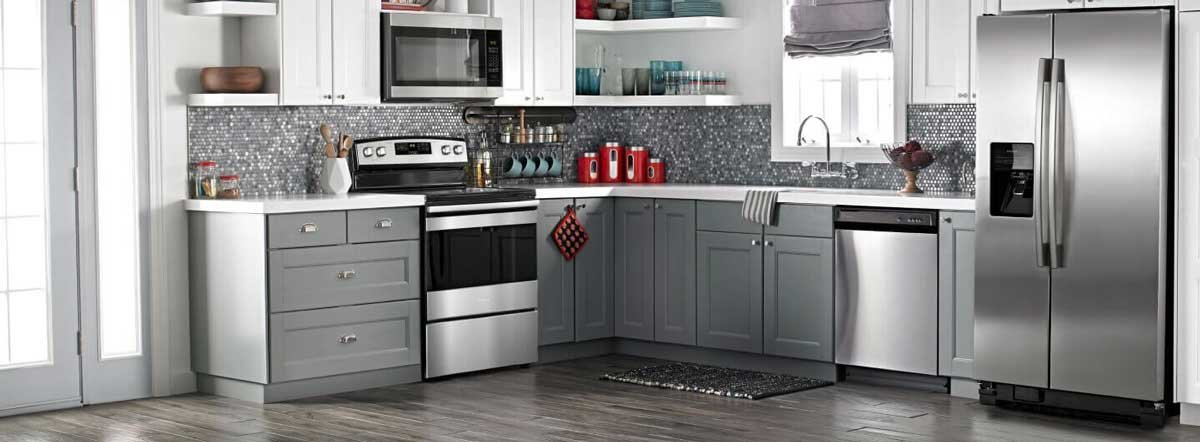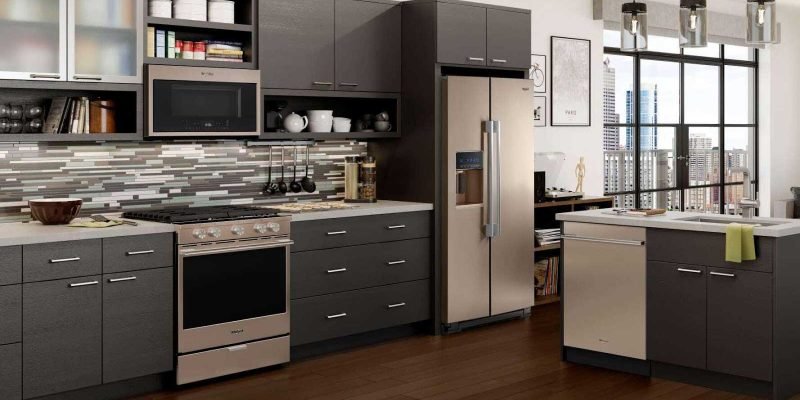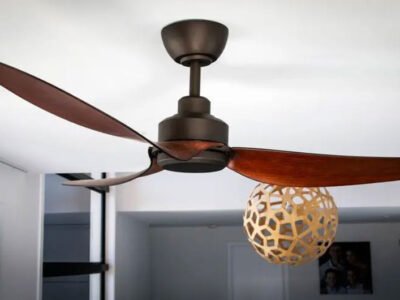How often do you think about the lifespan of your appliances? Most homeowners think about the lifespan of their appliances when they break down. Also, others replace their appliances before the end of their lifespan if they want to upgrade, or when renovating their homes.
This shows the importance of knowing the lifespan of your appliances, as this assists you to know what you expect from them. So, if you are wondering how long your appliances should last, read on to get more details.
Ranges
A gas range tops the list of kitchen appliances with the longest lifespan. On average, a gas range lasts around 15 years. On the other hand, electric ranges have an average lifespan of around 13 years—that’s according to the statistics released by the National Association of Home Builders (NAHB). A range hood, which is mostly installed over a range to catch cooking odors and grease particles, has an average lifespan of 14 years.
Refrigerators and freezers
Today, refrigerator and freezer technology keeps on changing, and we’ve seen manufacturers devising more space- and energy-efficient ways to keep your food fresh for longer periods. With that, standard refrigerators and freezers can last around 13 years, but compact models will last for around 9 years.
However, replacing your older model with a modern one can save you a lot of money in the long term. Data released by the U.S. Department of Energy indicates that modern refrigerators and freezers with Energy Star ratings use at least 15% than models without Energy Star ratings, 20% less energy than the set federal standards, as well as 40% less energy than the models sold in 2001.

Dishwashers
Typically, dishwashers have an average lifespan of 9 – 13 years, with the proper maintenance. And when we say proper maintenance we mean cleaning the filter whenever it accumulates dirt and running your dishwasher regularly. One of the common causes of a broken dishwasher is a worn-out gasket or seal, which can cause additional internal issues. However, regular operations of your dishwasher can keep the gasket in a good condition.
Microwaves
A microwave can last around 9 – 10 years. And, although microwaves are fairly complex appliances, there’s not much that you can do to improve its lifespan, other than keeping it clean and being gentle with its door.
According to the experts from Tampa appliance repair, Hartman, a microwave is one of the most long-lasting, but least repair-prone appliances. This is mostly attributed to their technology.
Garbage disposals
These appliances can last about 12 years. But, maintenance is essential if you want your garbage disposal to last long. Yes, you cannot control how garbage disposal is used before moving into your new home. However, always dispose of the correct foods, and avoid dumping things like rice, coffee grounds, thick vegetable fibers, or grease, as they can damage your garbage disposal, or shorten its lifespan.
Washing machines and dryers
Both washing machines and dryers have a similar life expectancy of around 10 – 14 years. However, keeping these two appliances in a good condition is the secret to their longevity. With this, you should ask yourself how often you use your washer and dryer. If you use your washer and dryer frequently, it should last around 10 years. Also, the model of your appliance determines its lifespan, as top-loading washing machines are known to last longer than front loaders.
Water heaters
The lifespan of a water heater depends on the model that you have. Generally, tankless water heaters can last over 20 years. An electric gas heater, on the other hand, has an average lifespan of 10 years. Although gas heaters are more durable, their life expectancy isn’t that long.
Also, the type of water you have in your home can affect the lifespan of your water heater. Hard water has a lot of minerals that tend to precipitate because of the heat. This causes issues with scale buildup and clogs, which can damage your water heater with time. If you use well water in your home, the extra sediment can cause extra issues, and reduce the lifespan.
Furnaces
The average lifespan of furnaces is around 15 – 18 years, but this depends on the fuel source. Typically, gas furnaces last 3 – 4 years longer than electric furnaces, and they also use less energy. Also, the design of modern furnaces allows them to last longer than older models. This is because modern furnaces are more efficient, and can heat your home in a shorter time, and with less wear and tear.
Heat pumps
When properly maintained, heat pumps can last up to 20 years. However, you should get your heat pump regularly checked to ensure the fins and coils are clean, and that the refrigerant levels are ok. Also, regularly changing the air filters can help to prolong its lifespan. And, just like your furnace, modern heat pumps are more energy-efficient and last longer than older models.

















Comments